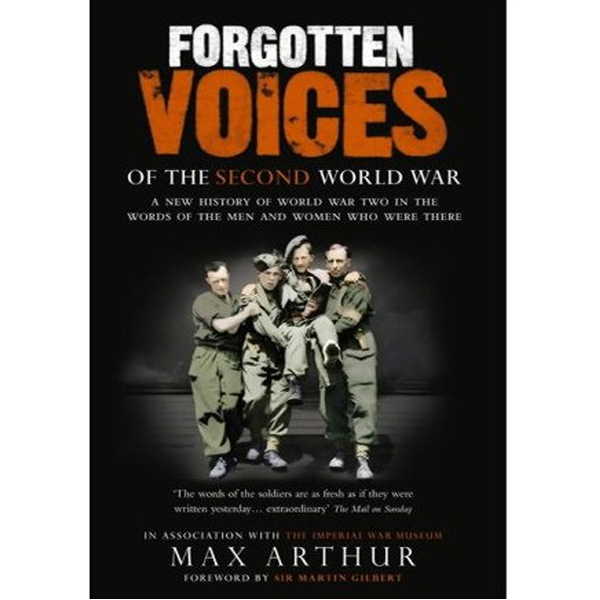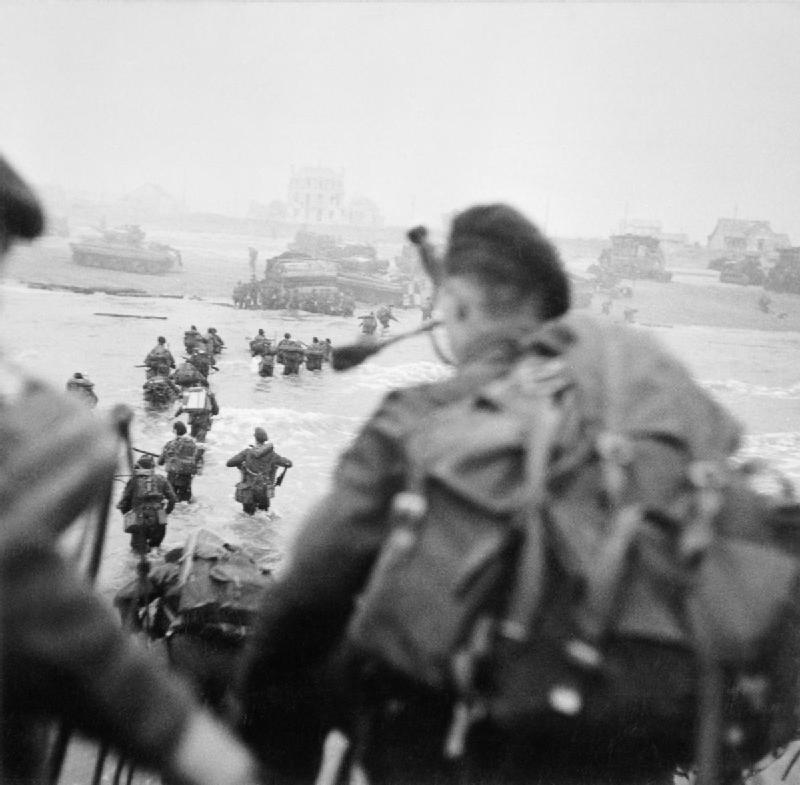Having been laid up with both a virus and a stomach bug for the last
week, I needed some company during my long sessions lying on the couch. Naturally I turned to my bookshelf to find something I hadn't devoured quite yet. As of last night, I've read 1024 pages this week: a non-fiction account of WWII, and Sepulchre, a page turning, run-of-the-mill novel set in France.
The highlight was definitively the WWII book. While I do love
history, wars have never been of particular interest to me, and I’m not exactly sure how this book
landed on my shelf. Possibly from one of my British Council colleagues who,
upon leaving, distributed their book collection. Or it may have come from a vide grenier (garage sale) we went to last summer and found a treasure trove of National Geographics
and books in English. Regardless, I’m glad this one
found its way here.
Forgotten Voices of the Second World War, compiled and edited by Max Arthur, is 474 pages of
extraordinary detail and heart wrenching realism in the form of oral
account of survivors of WWII. As told by British schoolchildren, Americans on the
Italian front, prisoners of war in Japanese camps and even German Luftwaffe pilots, each account jumps out at you from the page, and the book goes by incredibly quickly. These narratives are stored in the
Imperial War Museum Sound Archives, and Arthur managed to tie them together to
make a chronological and personal, if somewhat incomplete, account of
WWII. The pictures chosen to illustrate the book amplify its impact, often official portraits of the very same people whose words you are reading, or scenes of daily life during the war.
 |
| [page 24, taken from Amazon Look Inside!] |
I found it refreshingly interesting to read about the war from a mostly British
perspective; the only instance where mostly American soldiers were interviewed
was during the Italian campaign, otherwise it was strictly focused on where the
Brits were involved. I never knew there was a significant campaign in Myanmar (then-Burma) against the Japanese, with many Indian soldiers fighting alongside
the British, and another in North Africa.
Aside from the historical tidbits that I appreciated, the voices of
those interviewed come out loud and clear; it so often seemed they were relating things that happened just the other day, not
decades prior. The individuality of the events experienced by common people
simply trying to make it through the war was incredibly powerful. Commoners make
up the world but don’t often make up the history books.
 |
| [page 8, taken from Amazon Look Inside!] |
More compelling than anything I can say, here are a few vignettes:
Karin Busch
German schoolgirl in Dresden
As America came into the war and things became harder for the German people, the more resolved the German population became. People felt that the war had to be won. German people were not politically free-thinking. In England, everyone had their newspaper, people read papers with opposing views, people discussed politics in the pub and people generally tried to form their own opinions. In Germany, it was far more important that one’s house was kept tidy. All politics was left to the politicians, so the country and the mass of people followed their leader. [page 155]
Private James Bramwell
224 Parachute Field Ambulance, RAMC [fighting in Normandy] A chap was brought in with the top of his head blown off, brains spilling out into the stretcher. The MO look one look at him. I said, “Is there anything we can do?” He shrugged. So I gave him a lethal shot of morphine. When the MO came back, I told him what I’d done. He said, “It’s OK, you did quite right. There was nothing we could do.” I’m sure there were many others like these, but we did not talk about them. [page 333]
 |
| [page 20, taken from Amazon Look Inside!] |
Sylvia Townson Civilian in London
We had a party on VE day. They must have closed off Fernhead Street because they had a bonfire in the middle of the road. There was lots of food because everyone gave something towards it off their coupons. I remember my father entered me for the talent contest. I belted out “You are my Sunshine”. I came second. [page 431]


Very interesting. Great way for a book to to bring history alive. Dad and I have just finished listening to Sword of Honour by Waugh, on Audible. It brought me faces of WWII I didn't know of before. Even if fiction, he drew the war scenes from his own WWII experience. I didn't like the book as much as dad did. There was a cynicism in the writing that didn't appeal to me, but some characters were unforgettable.
ReplyDelete